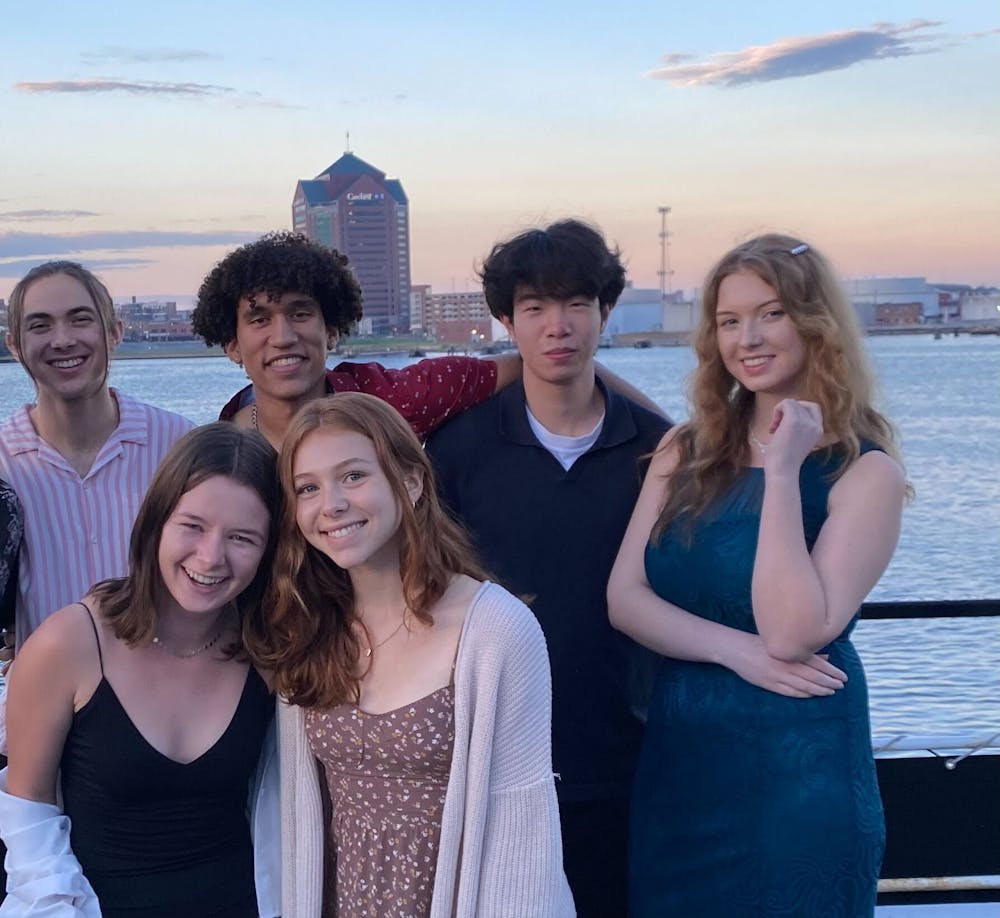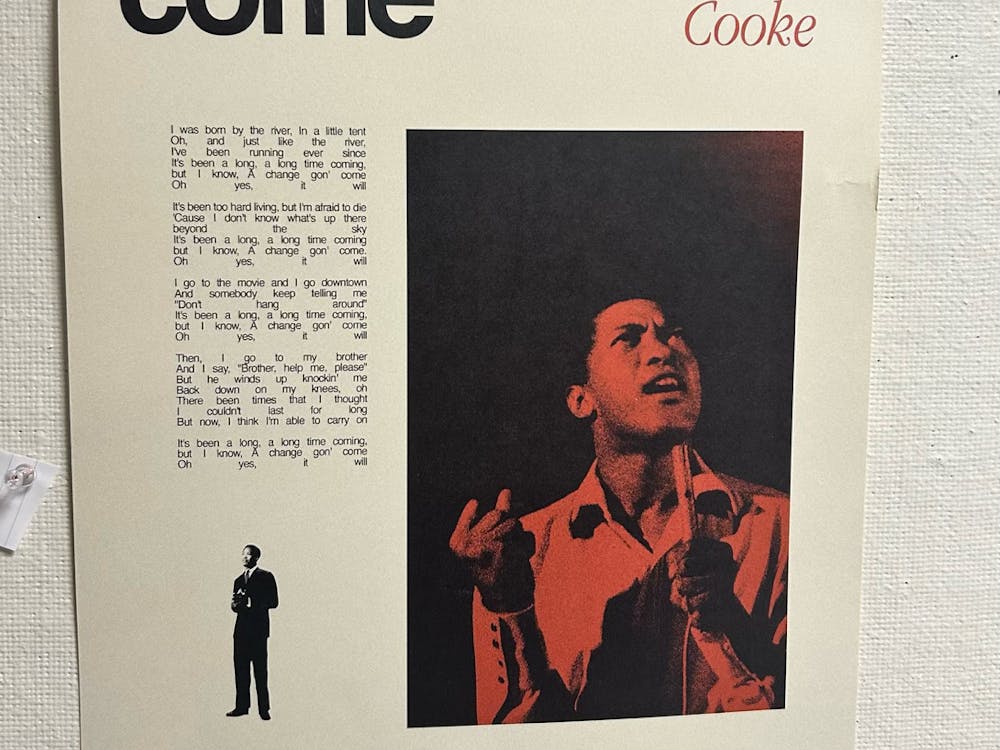Navigating college involves a lot of trial and error. Whether it’s oversleeping for an exam or switching majors three times, we inevitably have missteps that we can (hopefully) learn from. But there are some lessons I wish I didn’t learn the hard way. Here are a few things you should know in advance in order to have the best college experience:
1. Know you will survive your first heartbreak.
For most Blue Jays, starting college means checking off a lot of firsts. First all-nighter in the Hut, first frat party, first F on an exam (hey, it happens to the best of us). During my first year at Hopkins, I began my first long-term relationship. And when it fell apart, I experienced my first heartbreak.
Obviously, breakups aren’t fun for anyone. But I have a knack for the melodramatic, so I struggled to imagine what my college life would look like without my ex. I was terrified of losing the person who I texted throughout the day, got Doner Bros with and had so many fond memories of. Though deep down I knew it was for the best, I dreaded change.
Thankfully, I had an amazing support system. My parents were inundated with teary phone calls. My best friend allowed me to sit at her kitchen table and run through the same pros and cons list a thousand times. My roommate listened to my rants while I putzed around our dorm in a Snuggie and slippers. They showed me love and made me realize how I wasn’t being shown love in my relationship. Your first heartbreak will be painful. There’s no way around it. But if you surround yourself with people who want what’s best for you, you’ll make it through okay.
2. Ditch passive studying habits.
I love a pretty study guide as much as the next person. I’m guilty of spending far too long picking the perfect color scheme for my notes, writing and rewriting headings and telling myself it’s a productive use of my time. Trust me, it’s not. Especially in my application-based STEM classes like organic chemistry, I’ve found that the best studying methods incorporate active recall — when you practice retrieving information from your brain.
I got my highest organic chemistry midterm grade when I went back to basics and spent the week before the exam quizzing myself with a stack of flashcards written in chicken scratch. As a busy college student, you can’t afford to waste time on fruitless study habits. Find a reliable method and stick with it. Pastel highlighters and glitter gel pens are great, but they alone won’t get you an A.
3. Realize everyone can learn how to cook.
During my first year on campus, despite having a meal plan, I ate an inordinate amount of cereal and instant noodles. I’ve always been spoiled by great food at home (thanks, Mom), so I rarely felt like making the trek from Homewood Apartments to dining hall buffet lines of mushy rice and under-seasoned vegetables. I knew I wasn’t eating well, but I didn’t know how to make much else. Even though I love baking and will gladly test out a new cookie recipe on my own, cooking intimidated me.
Baking is a science. It’s precise. The most spontaneous I can get is adding extra cinnamon to a batch of muffins. But I grew up seeing my mom stand at the stove, throwing whatever spices sounded good into a pot and ending up with a delicious meal. I don’t have that kind of confidence in the kitchen. The first time I attempted to cook chicken in my dorm, I was so scared of screwing up that I propped my phone against the toaster and video-called my mom. She patiently walked me through the steps (again, thanks Mom), but I still nervously checked each piece with a meat thermometer to make sure I wouldn’t give myself salmonella.
Today, though I’m definitely no Iron Chef, I find cooking fun. I recently made pan-seared salmon and tofu rice bowls with my boyfriend and have started bookmarking recipes to try out during the school year. If I can learn to make something more complex than ramen and eggs, you definitely can too.
4. Don’t say no to a new friendship, even if your parents arrange it.
Since I took all of my freshman year classes at home, my sophomore fall semester felt like the true beginning of my college experience. I moved to Baltimore a couple of weeks before the first day of classes because I had First-Year Mentor (FYM) training. Though I knew a couple of other FYMs, I was still nervous about making friends.
My parents picked up on this. When I was moving into Homewood Apartments, pushing a wobbly cardboard cart full of dorm supplies, another girl was moving in at the same time. My parents nudged me to talk to her. I was reluctant. I was a sweaty mess from the August humidity and it felt like my parents were trying to arrange a playdate. We exchanged half smiles. Our parents exchanged pleasantries. We went to separate floors. I thought that was that. But the following morning, the first day of training, I learned she was also an FYM. Everyone was standing around in the stifling heat of the Great Hall, a too-weak portable air conditioner on the right side of the room emitting a loud hum. She came up to me and introduced herself as Maddy. Her parents had also pushed her to talk to me. We commiserated over our families’ meddling, laughed at strange icebreakers and quickly bonded over Goodreads and cats.
Now it’s a year later, and she’s my best friend. We would’ve met sophomore fall regardless because we were enrolled in the same poetry class, but I am grateful our parents pushed us into each other’s lives.





